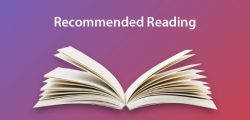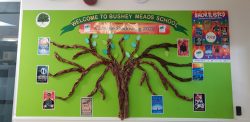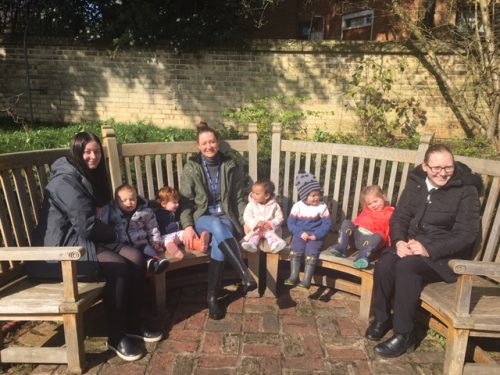Audiobooks
Audiobooks have attracted much attention over the last few months with sales increasing dramatically since March and the introduction of Lockdown. They are however not new with...
Filter by Category
Filter by Author











































































































































































Audiobooks have attracted much attention over the last few months with sales increasing dramatically since March and the introduction of Lockdown. They are however not new with...
Posted by Claire Till

It has certainly been a strange time as a PE teacher delivering virtual tasks to the students in the school over the lockdown period. However it has been great to see how so many...
Posted by Ashley Cartledge

Posted by Danielle Bowe

‘The Mayor of Casterbridge’ (1886) by Thomas Hardy Arguably Hardy’s greatest work, The Mayor of Casterbridge is the tragic story of Michael Henchard, a man who rises to civic...
Posted by Lynn Court

As part of our ongoing drive to support the wellbeing of staff and aid recruitment and retention to Bushey Meads School and the Bushey St James Trust in September 2018 we opened...
Posted by Jeremy Turner

Posted by Sara Ash - Deputy Headteacher

Every year, Bushey Meads School hosts a ‘Secondary School Experience Week’ for the Year 6 students in the Bushey St James Trust. During this week, the students spend a week at...
Posted by Graeme Searle

This week has seen our biggest First Lessons Event ever at Bushey Meads. The Sixth Form team have worked hard to welcome all students enrolled into next year’s Sixth Form...
Posted by Matthew O'Kelly

Normally at this time of year we offer a Secondary School Experience Week to all the Year 6 students in our Multi Academy Trust, irrespective of whether or not they are intending...
Posted by Jeremy Turner

The final three books in the Carnegie Shortlist demonstrate the range of content that is considered the best of the newest children’s literature. While Black Flamingo offers an...
Posted by Teresa Turton
Audiobooks have attracted much attention over the last few months with sales increasing dramatically since March and the introduction of Lockdown. They are however not new with the first ‘talking books’ appearing in 1930 on records. It was only in 1970 when the books were transferred onto audio cassette that they started to become more widely available. Today more than 50,000 are recorded every year covering both fiction and non-fiction texts. Here at BMS, we have embraced the culture of listening to others read through our successful CDC reading scheme. Indeed, all of the CDC books are now available to staff and used in the vast majority of our focused morning session. The importance of audiobooks cannot be underestimated or seen as an ‘easy’ option for students especially if they have the text and are able to follow along with the spoken words too. The National Literacy Trust conducted two surveys into reading this year engaging with over 58,000 children and one of their foci was on the use of audiobooks before and during the lockdown.
During the lockdown, the survey highlighted that nearly 1 in 4 (23.4%) children and young people said that they have listened to audiobooks more than before lockdown. Indeed, 1 in 2 (52.9%) children and young people went onto say that listening to audiobooks has increased their interest in reading, and 2 in 5 (42.6%) say that it has made them more interested in writing. Building on a previous article that reading can improve young people’s mental health and sense of wellbeing 1 in 3 (31.8%) of the children and young people who responded to the survey said that listening to audiobooks made them feel better during the lockdown.
These findings are a testament to the value that audiobooks can have in engaging children with literacy and developing their key skills further. In fact, the lockdown has had a positive impact on children’s access to audiobooks as only 1 in 6 (16.3%) children and young people said that they listened to audiobooks in January this year. Overall, this report supports fully the inclusion of audiobooks during our CDC time showing that while the gender gap in children’s reading has widened during the lockdown, audiobooks may provide a route into reading for boys. One reason for audiobooks supporting boys with literacy is that they reported more enjoyment than girls at listening to and imagining the stories that they heard than girls. Additionally, children who listen to audiobooks are more likely to start accessing and reading other texts which are beneficial to their learning as a whole.

Each year we announce the winners of the House Cup on the last day of term. The reward points awarded to every individual student are accumulated, along with points from events...

As part of our ongoing drive to support the wellbeing of staff and aid recruitment and retention to Bushey Meads School and the Bushey St James Trust in September 2018 we opened...